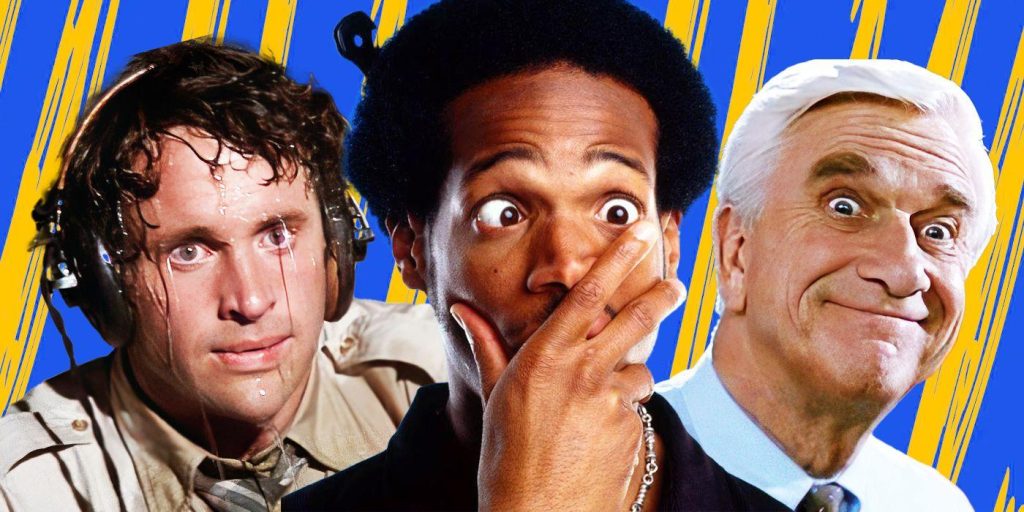In the realm of cinematic storytelling, few films have dissected the obsessive pursuit of perfection with the visceral intensity and psychological depth of Damien Chazelle‘s “Whiplash.” Released in 2014, this critically acclaimed drama thrusts audiences into the frenetic world of competitive jazz, where ambition and artistry collide with the relentless drive for excellence. At its core, ”Whiplash” is not merely a narrative about music; it is an unflinching exploration of the human psyche under the duress of achieving perfection. Through its complex characters, unyielding tempo, and morally ambiguous mentor-student relationship, the film offers a profound commentary on the sacrifices and ethical boundaries encountered in the quest for greatness. This article delves into the myriad ways “Whiplash” portrays the pursuit of perfection, analyzing its thematic intricacies and the broader implications it holds for understanding the human condition.
Unyielding Ambition and the Costs of Excellence
In “Whiplash,” the relentless pursuit of perfection is depicted through the intense and often destructive relationship between the aspiring drummer Andrew Neiman and his unforgiving instructor, Terence Fletcher. This dynamic showcases how unyielding ambition can drive individuals to extreme lengths, often at the expense of their well-being and personal relationships. Andrew’s singular focus on achieving greatness leads him to endure physical and emotional abuse, illustrating the high stakes and sacrifices involved in the quest for excellence.
The film starkly highlights several key costs associated with this relentless pursuit, such as:
- Isolation: Andrew’s dedication isolates him from friends and family, underscoring how an obsessive focus can create a chasm between personal and professional life.
- Self-destruction: The physical toll of grueling practice sessions, often resulting in injuries, is a testament to the physical demands of striving for perfection.
- Emotional turmoil: The constant pressure to meet Fletcher’s impossible standards leads to significant psychological stress and self-doubt.
Through Andrew’s journey, “Whiplash” raises critical questions about the true cost of ambition and whether the pursuit of perfection is worth the potential damage to one’s life and psyche.

Character Dynamics and the Impact of Mentorship
In “Whiplash,” the intricate relationship between Andrew Neiman and Terence Fletcher serves as a compelling study of how mentorship can both inspire and devastate. Fletcher’s unyielding pursuit of excellence forces Andrew to confront the depths of his own ambition, revealing the dual-edged nature of guidance. Through this volatile dynamic, the film presents mentorship as a catalyst that can drive individuals to surpass their limits, yet also risk pushing them to the brink of self-destruction.
- Power and Control: Fletcher’s authoritative teaching style is both a source of motivation and fear, creating a high-stakes environment where Andrew feels compelled to achieve perfection at any cost.
- Psychological Manipulation: The constant pressure and mind games employed by Fletcher highlight the darker side of mentorship, questioning whether such tactics are justified in the pursuit of greatness.
- Transformation and Identity: Andrew’s journey reflects a transformation shaped by his mentor’s influence, raising questions about how much of one’s identity is worth sacrificing for success.
Ultimately, the film portrays mentorship as a complex dance between empowerment and exploitation, challenging the audience to ponder the true cost of chasing perfection under the guidance of a relentless mentor.

The Psychological Toll of Perfectionism in Whiplash
In Whiplash, the relentless drive for perfection is depicted not just as a motivating force, but as a double-edged sword that can lead to profound psychological distress. The film paints a vivid picture of how the pressure to achieve flawless execution can morph into an obsession that consumes one’s identity. The protagonist, Andrew, finds himself in a vicious cycle where his self-worth is intricately tied to his ability to meet the impossibly high standards set by his mentor, Fletcher. This dynamic illustrates the darker side of perfectionism, where the pursuit of excellence can spiral into self-destructive behavior.
Key psychological impacts include:
- Anxiety and Stress: Constant fear of failure and the pressure to meet expectations create an ever-present sense of dread.
- Loss of Self-Esteem: Achievements are never enough, leading to a perpetual feeling of inadequacy.
- Isolation: Relationships and personal connections suffer as the individual becomes singularly focused on their goals.
- Obsessive Behavior: The line between dedication and compulsion blurs, leading to unhealthy practices and burnout.
Through its intense narrative and character development, Whiplash provides a compelling exploration of how the quest for perfection can erode mental health, emphasizing the need for balance and self-compassion.

Lessons on Balancing Passion with Personal Well-being
In the high-stakes world of Whiplash, the relentless pursuit of excellence often blurs the line between passion and self-destruction. The film vividly illustrates the toll that an unyielding quest for perfection can take on one’s personal well-being. Andrew Neiman, the protagonist, embodies the archetype of an ambitious artist, driven to extremes by his desire to be “one of the greats.” This drive, while admirable, becomes a double-edged sword, raising critical questions about the cost of chasing perfection.
- Emotional Turmoil: Andrew’s journey reveals the emotional sacrifices one might endure. His relationships suffer as he isolates himself to focus solely on his drumming.
- Physical Strain: The film graphically depicts the physical consequences of overexertion, showcasing scenes where Andrew’s hands bleed from excessive practice.
- Mental Health Impact: The pressure exerted by his demanding mentor, Fletcher, highlights the mental strain that can accompany a singular focus on success.
Through Andrew’s story, Whiplash serves as a cautionary tale about the dangers of letting passion consume one’s life. It prompts a reflection on how to achieve a harmonious balance, where passion fuels purpose without sacrificing personal well-being.









